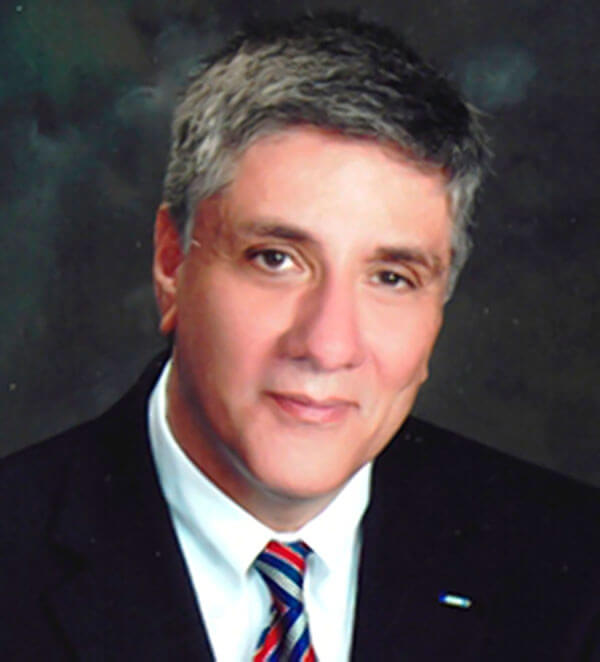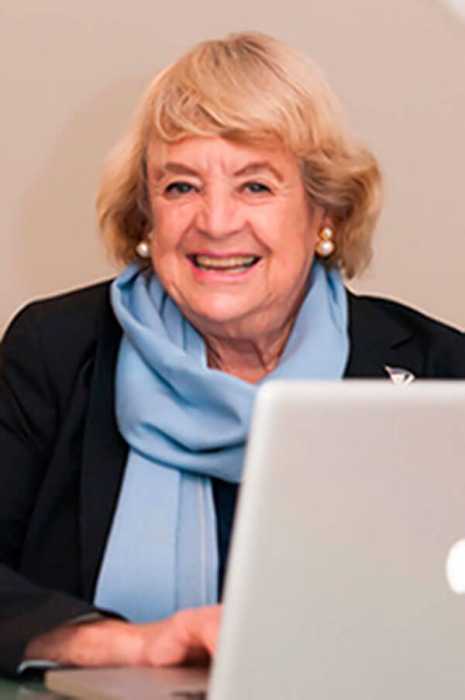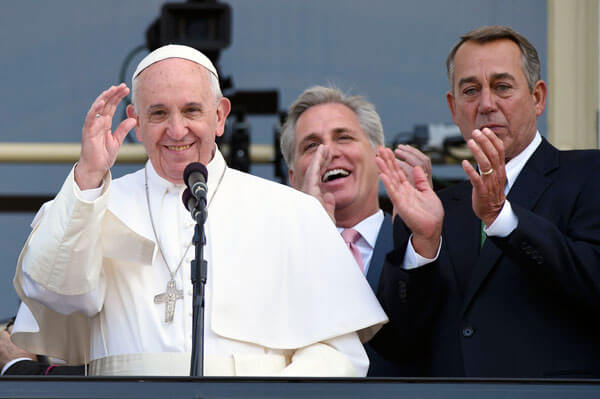Expressing concern that a new Executive Order by the United States President Donald Trump is in breach of the country’s human rights commitments, a group of United Nations rights experts have called on the US to live up to its human rights obligations and provide protection for those fleeing persecution and conflicts.
“Such an order is clearly discriminatory based on one’s nationality and leads to increased stigmatization of Muslim communities,” said the UN Special Rapporteurs on migrant, François Crépeau; on racism, Mutuma Ruteere; on human rights and counter-terrorism, Ben Emmerson; on torture, Nils Melzer; and on freedom of religion, Ahmed Shaheed. in a statement issued by the Office of the UN High Commissioner for Human Rights (OHCHR).
“The US recent policy on immigration also risks people being returned, without proper individual assessments and asylum procedures, to places in which they risk being subjected to torture and other cruel, inhuman or degrading treatment, in direct contravention of international humanitarian and human rights laws which uphold the principle of non-refoulement,” they warned.
The Executive Order, signed by Trump on Jan. 27, bars all nationals from seven Muslim-majority countries – Iran, Iraq, Libya, Somalia, Sudan, Syria and Yemen – from entering the US for the next 90 days.
It also stops the entire US refugee program for 120 days, indefinitely bans Syrian refugees, and halts the planned entry of more than 50,000 refugees in the US fiscal year 2017, which began in October 2016 and will end in September 2017.
Noting that “in the midst of the world’s greatest migration crisis since World War II, this is a significant setback for those who are obviously in need of international protection,” the rights experts stressed: “The US must live up to its international obligations and provide protection for those fleeing persecution and conflicts.”
“The US is also involved in conflicts such as those in Iraq and Syria and its responsibility must extend to offering refuge to those fleeing from the conflicts,” they added.
The Executive Order also applies to those who come from the countries listed — whether or not they have valid visa documents or are in transit.
It also affects those who have dual nationality, who either have a passport from one of those countries or are travelling from one of those countries.
Furthermore, those currently residing in the US may be able to fly to the US but entry is not guaranteed.
“This is deeply troubling, and we are additionally concerned that such persons travelling to the US will be subject to detention for an undefined period of time and then ultimately deported,” the human rights experts said.
Earlier this week Caribbean American Congresswoman Yvette D. Clarkes warned that Trump’s order may extend to the Caribbean.
“I am concerned that he could expand that if we don’t organize and push back now,” Clarke, the daughter of Jamaican immigrants, told an emergency meeting of the Muslim community in her Brooklyn, New York district Sunday night.
“We know that in the Caribbean region there is a very healthy Muslim population from Guyana, to Trinidad, to Jamaica across the board; and so, we have to make sure we come together,” added the representative for the predominantly Caribbean 9thCongressional District in Brooklyn.
“In the best of our traditions, the United States has welcomed people from around the world who wanted to come here to pursue the American Dream,” Clarke continued. “Such people include many of the families I am honored to represent in Brooklyn, where my parents settled in 1955 from the nation of Jamaica to continue their education.”
Clarke said her father, Leslie Clarke, became an engineer with the Port Authority of New York and New Jersey; and her mother, Una Clarke, became an early childhood education administrator and was ultimately elected to the New York City Council. The trail-blazing Una Clarke was the first Caribbean-born woman to be elected to the City Council.
“We cannot as a nation allow xenophobia to undermine our principles or racism to determine our policies,” she said, stating that there are more than three million Muslim Americans living in the US. “These are the same individuals who have volunteered for service in the Armed Forces. These same individuals are our neighbors and friends.
“I will never accept this attack on Muslim families as the policy of the United States,” said Clarke, a member of the US House of Representatives’ Committee on Energy and Commerce. “I will resist, and I call on my colleagues in Congress and people of good faith across the United States to join me in resistance to this act of hate.”

























